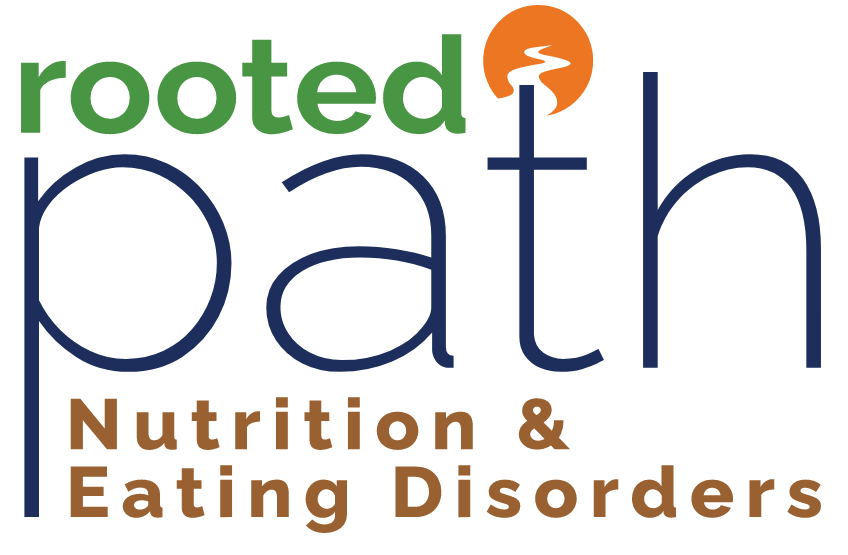Hunger is a fundamental and primal signal from our bodies. It’s as natural as the urge to relieve ourselves. However, it remains a complex concept, with many of the clients I work with often neglecting their hunger cues or justifying their eating habits with thoughts like, “I had a big breakfast; I should skip lunch.”
It’s essential to understand the various types of hunger:
- Physical Hunger: This type of hunger gradually builds, leading to satisfaction after a nourishing meal. It’s your body’s way of asking for nourishment.
- Emotional Heart Hunger: Emotional eating is a crutch for various emotions like sadness, boredom, or happiness. While it’s not inherently negative, it can become a problematic coping mechanism.
- Mouth-Taste Hunger: We often give in to this when a dish looks and smells irresistible or craves a particular taste.
- Practical Hunger: This arises from anticipating not having the opportunity to eat later, like preparing for a busy day.
Respecting and acknowledging these cues is the first step in reconnecting with your body and cultivating a sense of security. Ignoring hunger cues can lead to discomfort, potentially resulting in overeating or hoarding food. Think about the last few days before starting a diet – we often eat more out of fear of missing out on our favorite foods rather than listening to our hunger cues.
Listening to your body’s natural signals helps build a healthier relationship with food and your body, allowing it to guide you in deciding when and what to eat. This is far better than following short-lived diet trends that leave you frustrated and searching for the next one.
Embracing mindful eating practices can help you reconnect with your body and foster a healthier relationship with food and yourself. Mindful eating is rooted in the ancient practice of mindfulness. It means being fully present while you eat and paying attention to your thoughts, emotions, and physical sensations. It’s all about appreciating your food without judgment and choosing what feels right.
The long-term benefits of mindful eating are profound. It helps you maintain a healthy weight, prevents overeating, and eases emotional eating. This practice goes beyond food choices, transforming your relationship with food and reducing guilt and anxiety. On an emotional level, it helps manage feelings, reduces stress, and prevents emotional eating. It also reduces binge-eating episodes, encouraging healthier food choices. Mindful eating fosters gratitude for the food you eat and promotes better nutrition. It strengthens the mind-body connection and enhances overall health.
So, the next time you sit down for a meal, choose one that genuinely appeals to you. Before you start eating, check in with your body to gauge your hunger levels. Take a moment to acknowledge and appreciate the food in front of you. Eat without rushing, chew slowly, and savor each bite while paying attention to the sensations and textures in your mouth. Tune in with your body frequently to assess your fullness. When you’re no longer hungry, stop eating and feel a sense of pride and joy in nourishing your body. Embracing mindfulness as a daily practice can help you find balance, nourishment, and peace while improving your relationship with food and your body.
References:
-
Nelson, J. B. (2017). Mindful Eating: The Art of Presence While You Eat. Diabetes Spectrum, 30(3), 171-174. doi: 10.2337/ds17-0015. PMID: 28848310; PMCID: PMC5556586.
-
Jordan, C. H., Wang, W., Donatoni, L., & Meier, B. P. (2014). Mindful eating: Trait and state mindfulness predict healthier eating behavior. Personality and Individual Differences, 68, 107-111.Kristeller, J., Wolever, R. Q., & Sheets, V. (2014).
-
Mindfulness-Based Eating Awareness Training (MB-EAT) for Binge Eating: A Randomized Clinical Trial. Mindfulness, 5, 282-297. https://doi.org/10.1007/s12671-012-0179-1.
-
Albers, S. (Year). Eating Mindfully: How to End Mindless Eating & Enjoy a Balanced Relationship with Food.

